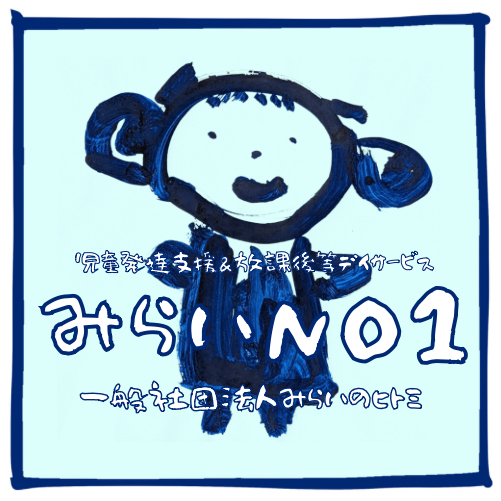The new connection choices system is a significant design during the connection theory whilst contains the abstract linkage ranging from ethological different types of human invention and modern ideas for the emotion controls and you can identification. If the, but not, the child sees the solution to this question to get “no,” the kid enjoy nervousness and you may, behaviorally, does exhibit accessory practices anywhere between effortless visual looking toward lowest significant to active after the and you will hookup bars near me Wichita singing signaling into additional (come across Shape 1). This type of behaviors remain until often the child could probably reestablish an appealing quantity of bodily otherwise emotional distance towards the accessory profile, or until the child “wears down,” while the may happen relating to a protracted breakup or losings. In such instances, Bowlby believed that little ones experienced deep anxiety and you may anxiety.
Personal Differences in Baby Attachment Models
Regardless of if Bowlby thought that might dynamics described over grabbed the fresh normative personality of one’s connection behavioural system, the guy approved there are private variations in just how people appraise new access to of your own connection figure as well as how it manage its connection decisions in response so you’re able to risks. However, it was not up to their associate, Mary Ainsworth (1913 – 1999), started to methodically investigation baby-mother separations you to a formal comprehension of these private variations try articulated. Ainsworth and her children setup a technique known as uncommon state–a lab paradigm having studying baby-mother or father accessory. In the strange situation, 12-month-dated kids as well as their parents was brought to the fresh new research and you will, systematically, separated of and you may reunited together. On unusual problem, very children (i.elizabeth., regarding the 60%) perform in the way intended of the Bowlby’s “normative” idea. They feel upset when the father or mother makes the bedroom, but, as he or she production, it positively look for the fresh father or mother and generally are without difficulty comfortable of the him otherwise the woman. Children just who showcase that it pattern regarding decisions usually are called safe. Other students (regarding the 20% otherwise reduced) was unwell-at-simplicity 1st, and you will, abreast of separation, end up being very troubled. Importantly, when reunited through its moms and dads, these types of students features a tough time becoming soothed, and sometimes showcase conflicting behaviors you to definitely suggest they wish to become comforted, however, that they would also like so you’re able to “punish” this new father or mother getting making. This type of children are referred to as nervous-unwilling. The third trend from connection you to definitely Ainsworth and her colleagues noted is called avoidant. Avoidant pupils (in the 20%) don’t seem also disturb from the breakup, and you may, on reunion, definitely prevent seeking to contact with their mother or father, either turning their interest to try out stuff for the lab flooring.
Should your child sees the solution to it matter getting “sure,” he or she feels loved, safe, and you will sure, and, behaviorally, has a tendency to speak about their unique ecosystem, explore others, and become sociable
Ainsworth’s really works are essential at the least around three grounds. First, she given one of the primary empirical demonstrations regarding exactly how accessory choices was designed in safe and terrifying contexts. Next, she considering the original empirical taxonomy from private differences in kids attachment activities. According to the lady lookup, no less than about three version of youngsters exists: those people who are secure within relationship with the parents, people who are stressed-resistant, and those who is actually stressed-avoidant. In the end, she demonstrated these private distinctions were coordinated having child-parent relationships home during the first year regarding lives. Students whom appear safer regarding unusual situation, including, tend to have parents who are attentive to their needs. College students whom come vulnerable regarding unusual situation (we.elizabeth., anxious-resistant otherwise avoidant) will often have parents that insensitive on their demands, or inconsistent otherwise rejecting regarding care they give you. From the decades which have followed, an abundance of scientists has actually demonstrated website links anywhere between very early adult sensitivity and responsiveness and attachment cover.
